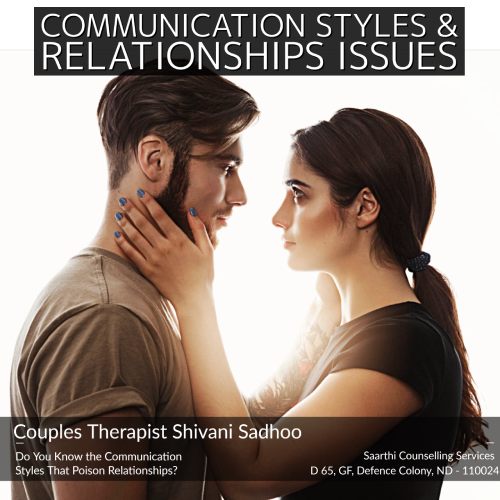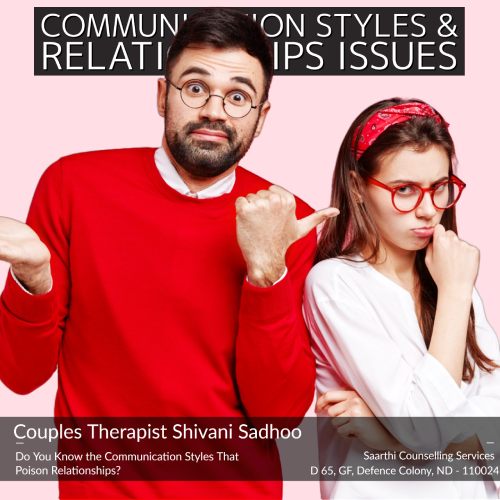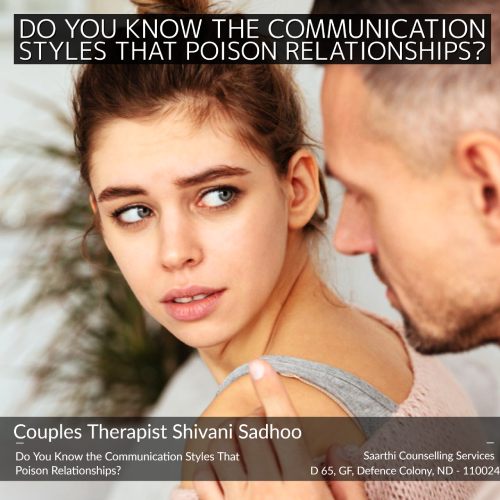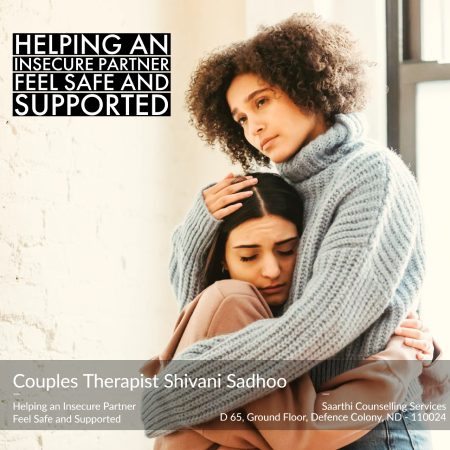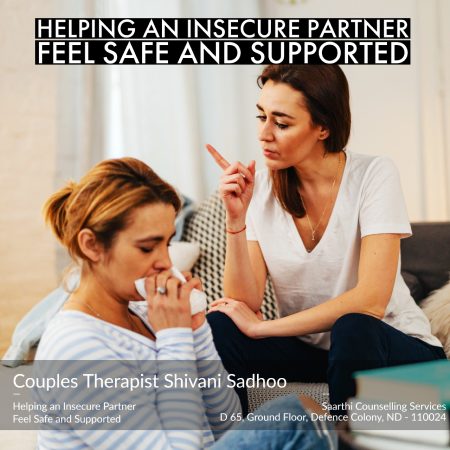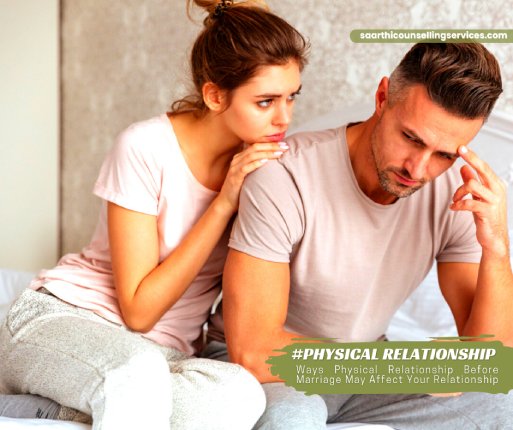It’s not wrong to love your job. However, when your workaholic nature starts to encroach upon the delicate balance between your career and your relationship, it can create unseen rifts.
Imagine a couple where one partner spends late nights at the office, bringing work home on weekends, while the other sits alone at dinner with a cold plate.
Over time, the warmth of their connection fades, not because the love isn’t there, but because the time and attention needed to nurture it have been sacrificed.
Just like a garden unattended, relationships require consistent care and presence.
Sharing success with your partner can be a beautiful bond, but only if you remember to share your time, laughter, and love just as fervently.
What are the signs that show your job is destroying your marriage?
India’s leading couples therapist, Shivani Misri Sadhoo shares 7 signs to watch out for that will help you identify if your job is killing your marriage.
Is Your Partner Discussing Work Even on Holidays?
When work consistently invades your home life, even on holidays, it can quietly undermine your marriage. Romantic evenings turn into discussions about deadlines, creating emotional distance.
Invitations for simple outings become overshadowed by unfinished tasks. This imbalance signals a need for nurturing your relationship beyond work, reminding you that love flourishes through shared moments, not just shared responsibilities.
Is there a Poor Communication?
Poor communication can often be a telltale sign that your job is taking a toll on your marriage. When work stress spills into home life, it can lead to feelings of being unheard or undervalued, creating a barrier between partners.
Instead of openly discussing emotions, you might find yourself bottling up frustrations, which can eventually erupt into conflicts at the most unexpected moments.
Additionally, the pressure of work can cause you to engage in unhealthy communication patterns, such as arguing unfairly or resorting to passive aggression.
This breakdown in dialogue not only undermines the connection you share but also leaves both partners feeling isolated and frustrated, highlighting how job-related stress can silently erode the foundation of your relationship.
Are Conflicts Arising Due to Work Stress?
Conflicts and disagreements are a natural part of any relationship, but when you find yourself arguing about issues that were never a concern before, it often signals deeper turmoil.
If you’ve experienced a recent change at work—like a new role, a challenging boss, or unexpected pressures—this stress can seep into your home life, causing irritability and tension with your partner.
This shift may manifest as unnecessary arguments, hinting that the weight of your job is not just affecting your professional life, but is also jeopardizing the harmony of your marriage.
Recognizing this connection is crucial; it’s a clear sign that work stress might be undermining your relationship.
Are You Spending More Time With Coworkers?
Finding yourself connecting more deeply with your coworkers than with your spouse can be a glaring sign that your job is overshadowing your marriage.
When work becomes your primary focus, shared interests and tackling challenges together at work can inadvertently create stronger bonds with colleagues, especially if they’re of the opposite gender.
This shift can lead to a disconnect at home, where the intimate connection with your spouse diminishes.
If you find yourself confiding more in coworkers than your partner, it may be time to step back, reassess priorities, and rekindle the personal connection that initially brought you together.
Are You Missing Important Events?
When your job consistently sidelines you from your child’s significant milestones—like dance recitals, graduations, or championship games—it signals a deeper issue that can jeopardize your marriage.
Promising to attend but frequently breaking those commitments not only frustrates your child but also strains your relationship with your spouse, who feels your absence.
Prioritizing work over these meaningful moments can lead to regrets that linger long after the events have passed.
Is Your Spouse Ignoring You?
When your spouse increasingly tunes you out during discussions about feeling trapped at work or your latest reprimand, it’s a telling sign that your job might be harming your marriage.
Their lack of eye contact or distraction with other activities indicates stress, suggesting that your work woes are creating a growing emotional distance between you both.
Do You Desire To Be Left Alone?
Work-related stress can lead to emotional isolation, causing you to withdraw from your spouse in a bid for solitude.
This avoidance can be detrimental to your relationship, creating misunderstandings and feelings of neglect.
If you find yourself consistently prioritizing work over connection, it may be a sign that your job is negatively impacting your marriage.
If you really cherish your marriage, pay heed to these signs. Balancing work and love demands conscious effort.
Nurture communication, prioritize shared moments over work stress, and cherish the bonds that define your relationship. Remember, a thriving marriage thrives on presence, not just success at work.






